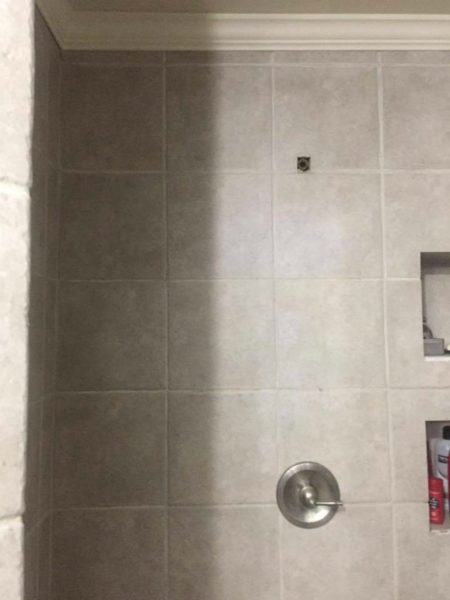This post contains affiliate links. Please see my full disclosure for more information. Thanks for supporting the blog!
Today I have something a little different for you—an interview with economist Andrei Polgar of One Minute Economics. He’s just published a book called The Age of Anomaly.
He sent me a copy of the book to preview and I agreed to interview him for two reasons: 1. I was very impressed with the economic history contained in his book and 2. I think we don’t do enough preparation in the financial world for the Black Swan events that will inevitably come and can wreak havoc with our financial plans.
Now, if you’ve been reading this blog any length of time, you know I’m very even-keeled, and not prone to hysterics or emotional claims. But I’ve experienced enough in my life to be aware that things can happen out of left field that you’d never expect. My husband grew up in a dictatorship in Chile. Ordinary Chileans had no idea their land would be privatized and then General Agosto Pinochet would take over the country in a US-backed coup in 1973. My friend is Syrian-American. She could never have guessed that her entire family would flee her home country because of the bloody Civil War there.
Yes, I am American, and so I have that annoying American sensibility that nothing bad will ever happen to our country. And while we may never deal with civil war or dictatorship in our lifetimes, we may deal with brutal recessions or other unexpected economic events that can knock us off our financial footing. And so, this interview. I hope you enjoy, and take advantage: this week only Andrei’s book is $.99.
Hi Andrei! Can you tell me a little bit about your background?
I grew up in Eastern Europe, and currently live in Romania, in the second largest city there.
Even as a child I had these dreams of lemonade stands, things I saw in US movies and cartoons. I tend to like economics, being an entrepreneur, anything that has to do with financial stuff. I’ve always been pretty good with anything money-related. Continue reading “The Age of Anomaly: Interview with Andrei of One Minute Economics”










